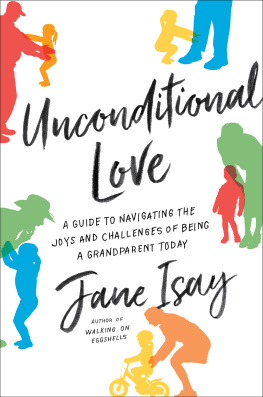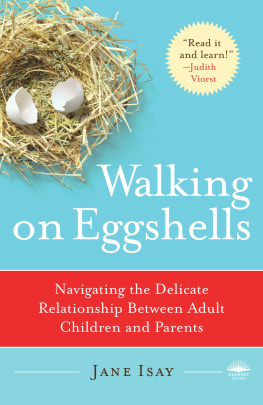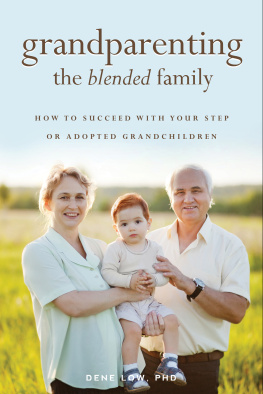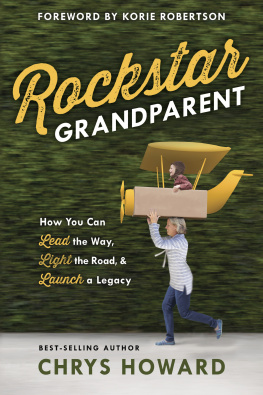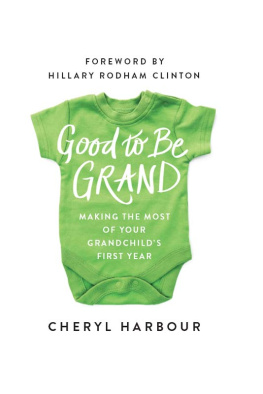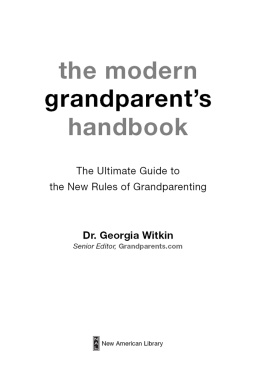Contents
To the Nine of Us
Small fact and fingers and farthest one from me,
a hands width and two generations away,
in this still present I am fifty-three.
You are not yet a full day.
When I am sixty-three, when you are ten,
and you are neither closer nor as far,
your arms will fill with what you know by then,
the arithmetic and love we do and are.
When I by blood and luck am eighty-six
and you are someplace else and thirty-three
believing in sex and god and politics
with children who look not at all like me,
sometime I know you will have read them this
so they will know I love them and say so
and love their mother. Child, whatever is
is always or never was. Long ago,
a day I watched awhile beside your bed, I wrote this down, a thing that might be kept
awhile, to tell you what I would have said
when you were who knows what and I was dead
which is I stood and loved you while you slept.
Miller Williams
Look into the night sky. See those stars twinkling? Every time a child is born, a new star shines in the firmament. Big bang theory tells us that all matter came into being at the same instant. All matter began as stardust, and thats what we are made of. Its a romantic idea, I know, but easier to imagine if the new star is a grandchild. The specialness, the charm, the brilliance, and the beautythis is magic for grandparents. When each of my grandchildren was a baby, I informed the parents how advanced the baby was, in all ways. See? Hes already focusing? Look at her. Did you ever know a two-week-old who smiled? You know the rest. They call it Grandma vision. I was right, of course. It just took months or years for the parents to see what I saw in my arms from the very start.
Grandparents over time get accustomed to their special duties: slow down; listen carefully and respond thoughtfully; sing the old songs and tell the family stories. Play infinite card games and reread favorite books until they are committed to (failing) memory. Grandparents have a serious responsibility to hug and to snuggle, to play what the child wants to play, and to help the spirit flourish.
For many grandparents, this is the opportunity to become the parent they didnt have the time or the energy to be with their own children. Burdened with the inevitable demands of raising children, needing to be in two places at the same time, running the household and accommodating hectic schedules, we found it almost impossible to devote enough thoughtful time and attention to our children, no matter how hard we tried. We ran out of patience and we ran out of steam. If we remember with regret those momentsand many of us dothen heres our second chance. Babies arrive with a clean slate, which we can fill with the patience and acceptance we may not have been able to give our children.
Eye Contact
When my first grandchild was a tiny baby, I spent one morning a week watching him so his mother could get a break. She left me little packets of pumped breast milk, in case he got hungry. I was so glad when he wanted to eat. I loved to hold this small person in my arms and look into his eyes. It changed my whole body. I relaxed, I felt warm and easy. Those big black eyes were blank at first. I didnt mind. My eyes were not blank. They were filled with joy at the miracle in my arms. Soon his eyes began to wander, looking at a light, or at a leaf. When his eyes would move toward my face, I could see a minuscule bit of baby comprehension. I sang him a song while he glanced at the leaves. I learned the song from watching Mr. Rogers Neighborhood when this babys father was a child: Tree, tree, tree. Maybe you remember it. A few notes and a few words. The baby would catch the sound of my voice and turn to me. Then his eyes would wander back to the leaves on the tree behind the couch.
It was such a peaceful time. These moments of eye contact changed me. They made me experience relaxed love for the baby and trust in the return of his love. Unconditional. All I had to do was hold him, feed him, love him. How could it be otherwise? The baby had no knowledge of me, my flaws, my personality, my relationshipsall the things that make me worry or feel bad. He gave me nothing to criticize or worry about: an infant has a big future but not much of a past.
Stardust. Unconditional love is the magic bridge that spans the generations: we love them unconditionally, and they love us back without reservations. Its a two-way experience. It grows the children and gentles the grandparents.
Stardust is the feeling, but family is the reality. We are flesh and bone, and we have history and memory. We have conflicts and resolution. We have joy, and we have sorrow. In this magical mix of the generations, we consider what it is to be a grandparent, and what it takes to keep our conflicts to a minimum and our joy at the maximum.
Today more grandparents and grandchildren are enjoying this joyful bond than ever. The statistics are startling. Baby boomers are the beneficiaries of demographics, economics, and medical progress. The richest generation in American history, we are financially more secure than those who came beforeor afterus. Beneficiaries of the longest life expectancy in American history, we can expect to be part of our grandchildrens lives for a very long time. Finally, we boomers have the opportunity to participate in the rebirth of the connected family. I say rebirth because family closeness took a big hit in the decades after World War II.
American Diaspora
In the second half of the twentieth century, our country underwent what I think of as the American Diaspora. Before World War II, we had been a largely agricultural society, with vast swaths of farmland and overcrowded cities bursting with tenements. Families lived together out of need. They stayed together to work the farm or lived in crowded slums to stay safe and off the street. Then things changed.
In the years after World War II, America experienced extraordinary economic growth. Veterans married, and their children became the baby boom generation. Developers built millions of houses in the areas outside the cities and created our suburbs. In unprecedented numbers, people poured out of the tenements and into the suburbs, leaving their elder relatives.
Veterans who qualified (it took years for African-Americans to receive this benefit) went to college and graduate school on the GI Bill of Rights. At the same time, businesses expanded all over the country, and they needed employees. Manufacturing, given a big boost because of the war effort, went into high gear. Good jobs were available to people who were willing to relocate. Who would turn down a promotion to be close to Mom? Please. America soon became the most mobile society in the world.
Then the psychologists and psychoanalysts, subscribing to the beliefs of the day, undermined the notion of the family. In this period, families of origin were believed to be breeding grounds of mental illness. Mothers were blamed for everything from schizophrenia, to homosexuality, to autism (check the old textbooksthis is true). Loosening the family bonds was a step toward improved mental health.
By the time baby boomers went to college, they expected to live apart from their parents following graduation. Sons and daughters of immigrants ran toward assimilation. In this era, friends became more valued than family. People dreaded going home for the holidays. Given a choice, they would choose any community but the family. We get to choose our friends, boomers would say. Were stuck with our families.
But the economic trials of the twenty-first century have diminished this Diaspora. Great numbers of grown kids live at home after college, for longer than anybody anticipated. And now surprising numbers of grandparents move near their children and grandkids, instead of going south or west for the good weather. Grandparents have become an important resource for many families.

